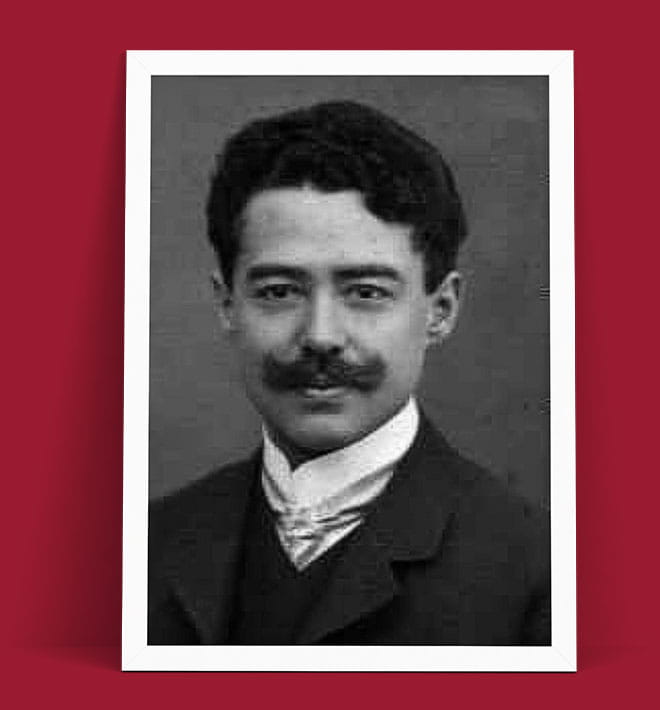Early Life and Education
Born in 1882 in Germany, Ferdinand Preiss grew up in an environment that nurtured his artistic talent from a young age. Although details of his early childhood remain modestly documented, it is known that Preiss demonstrated a natural inclination toward art early on. Enrolling in art schools during his formative years, he received rigorous training in drawing, sculpture, and the classical techniques of bronze casting. His education not only instilled an enduring respect for traditional methods but also encouraged his innovative approach to rendering movement and form.
Preiss’s academic journey led him to study under several prominent teachers of the time, where he absorbed the influences of both Realism and the emerging trends of Expressionism. This educational foundation laid the groundwork for a career that would eventually see him recognized as a master sculptor with a distinctive personal style.
Artistic Career and Influences
Embracing the power of bronze as his medium, Ferdinand Preiss quickly became known for his ability to depict the raw dynamism of animal life. His sculptures often feature horses, dogs, and other creatures in action—each piece a study in kinetic energy and the beauty of natural movement. Preiss’s work is distinguished by its harmonious balance of classical forms and a vigorous expressiveness. He was greatly influenced by the animalier movement, which celebrated realistic and detailed portrayals of animal subjects, yet he imbued his figures with a sense of life and rhythm that set him apart from his contemporaries.
Preiss’s artistic vision was driven by his fascination with the animal form. He studied animals meticulously, observing their muscles, postures, and behaviors to capture them in bronze with remarkable precision. His keen observational skills and technical prowess allowed him to create sculptures that not only pleased the eye with their lifelike realism but also evoked a deep emotional response. For many, his work became synonymous with a celebration of nature’s vitality and the spirited essence of animals.
Notable Works and Distinctive Style
Ferdinand Preiss’s sculptures are notable for their fluid lines and dynamic compositions. He often portrayed animals in mid-motion—galloping horses, snarling dogs, and leaping creatures—each rendered with a fine balance of grace and power. His mastery of the lost-wax casting technique ensured that every nuance of movement and expression was meticulously captured in the final bronze piece.
One of the hallmarks of Preiss’s oeuvre is his ability to fuse classical form with a modern sensibility. His work reflects both a deep reverence for historical sculpture and an innovative drive to push artistic boundaries. This fusion is evident in the way his sculptures celebrate anatomy and proportion while also exuding a sense of intensity and emotion rarely seen in traditional animalier works.
Collectors across the globe now actively seek out his creations, and phrases such as “ferdinand preiss for sale” frequently appear in auction catalogues and gallery listings. His ability to combine technical excellence with emotional depth continues to make his pieces highly desirable in the secondary art market.
Legacy and Market Presence
The legacy of Ferdinand Preiss endures in both his contributions to sculpture and the high regard in which his work is held in today’s art market. His dynamic bronze sculptures continue to serve as exemplary models of animalier art, marrying the traditions of classical sculpture with an expressive modern edge. Museums, private collections, and auctions feature his work prominently, and the ongoing demand for his sculptures ensures his name remains synonymous with excellence in bronze art.
Today, the phrase “ferdinand preiss for sale” has become a testament to the lasting impact of his artistry. Collectors who acquire his works are not only celebrating the beauty of meticulously cast bronze figures but are also investing in a piece of art history that encapsulates the spirit of early 20th-century innovation and passion.
Preiss’s influence can be seen in the works of later sculptors who strive to capture the essence of movement and life in their own creations. His technical mastery and ability to evoke emotion through the medium of bronze continue to inspire contemporary artists, ensuring that his legacy remains vibrant and relevant.
Conclusion
Ferdinand Preiss’s journey from an enthusiastic art student in Germany to a celebrated sculptor whose works are coveted around the world is a remarkable testament to his talent and vision. His innovative approach to capturing animal motion in bronze has left an indelible mark on the world of sculpture, bridging the gap between classical traditions and modern artistic expression.
As collectors and enthusiasts continue to search for ferdinand preiss for sale at auctions and galleries, the enduring beauty and dynamic spirit of his art serve as a reminder of his lasting contribution to modern sculpture. Through his work, Preiss not only immortalized the vigor and grace of animal life but also secured his place among the great masters of art history.











